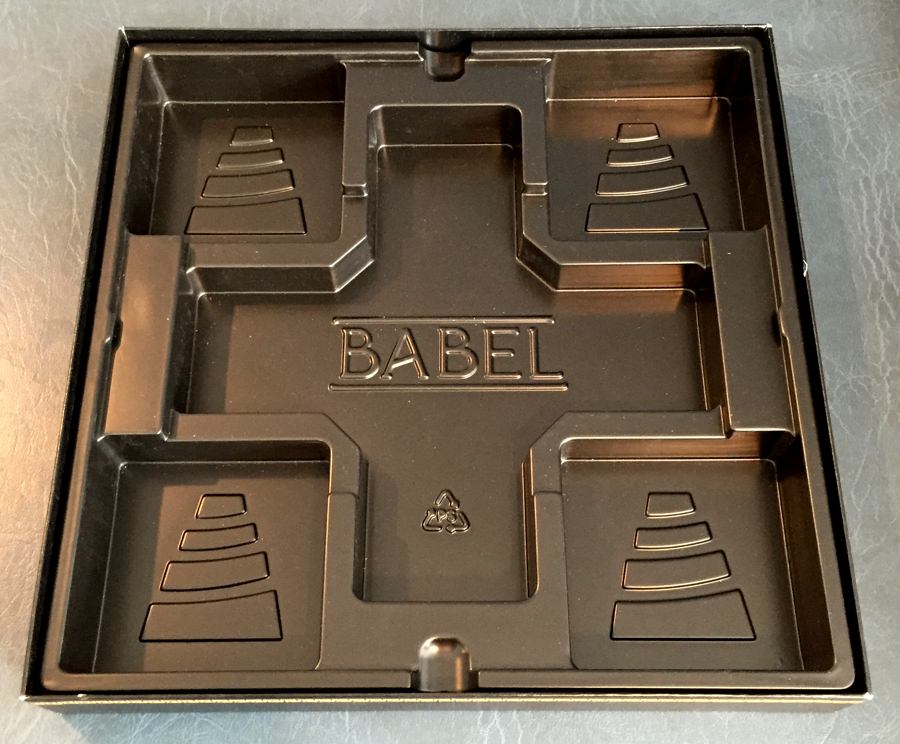
It wasn't always effective.Ĭonsider passwords. We used traditional methods to ensure that the right people had access to the right things at the right time. Before we had authentication tokens, we had passwords and servers. A History of Authentication TokensĪuthentication and authorization are different but related concepts. Let's dig in, so you can determine if tokens are right for you and your organization. Most developers pick up the techniques quickly, but there is a learning curve. Tokens offer a second layer of security, and administrators have detailed control over each action and transaction.īut using tokens requires a bit of coding know-how. Token-based authentication is different from traditional password-based or server-based authentication techniques. Once the user logs out or quits an app, the token is invalidated. The user retains access as long as the token remains valid. During the life of the token, users then access the website or app that the token has been issued for, rather than having to re-enter credentials each time they go back to the same webpage, app, or any resource protected with that same token.Īuth tokens work like a stamped ticket. This play is partly inspired by the question of how theatre functioned in a time of war and international crisis and also by a desire to consider eighteenth-century theatre within a context not of London, and the eighteenth century we think we know, of refinement and polish but in a rougher context, of the people who lived at the margins – both geographically, and in other ways – of English society.Token-based authentication is a protocol which allows users to verify their identity, and in return receive a unique access token. The aim of the research project was to uncover details of these actors, their lives, loves and deaths, their working habits and practices.

This new play, The Broken Token, is informed by Kuti’s most recent research project into the strolling actors of eastern England, a band of players known as His Majesty’s Servants, the Norwich Company of Comedians.


#Broken token series#
Elizabeth has written extensively for BBC radio, where her plays have included Mr Fielding’s Scandal-shop (2005) and two series adapted from Addison and Steele’s periodical, The Spectator, dramatized as Dear Mr Spectator (2010-11). She has a particular interest in the eighteenth century, and has most recently published a chapter in Scheherazade’s Children edited by Marina Warner and Philip Kennedy (New York University Press, 2013) on the eighteenth-century melodrama Blue-beard and its connection with the 1001 Nights. This event is co-sponsored by the USC-Huntington Early Modern Studies Institute and the William Andrews Clark Memorial Library.Įlizabeth Kuti is a playwright and academic, whose plays for the theatre include Fishskin Trousers (2013) The Six-Days World (2007) The Sugar Wife (2006) Treehouses (2000) and The Whisperers (1999). UCLA, William Andrews Clark Memorial Library Tickets must be purchased by April 4, 2014. Tickets: $25 general admission $10 USC/UCLA students (student ID# must be entered in the "Registration Confirmation #" at check-out). The Broken Token weaves together the lost histories of the strolling actors who brought theatre to the people, and the boy soldiers of the Napoleonic Wars, to create a new telling of an ancient story.

This is the first airing for a new play which blends popular folk-songs from England in the eighteenth century, with highly theatrical storytelling. but on his return he finds everything has changed. Against all the odds, he has fulfilled the task she set him. Jack has been acting the hero for seven years, while Nancy has just been acting. It’s 1802 and England is in the grip of the invasion crisis. An "Arts on the Grounds" performance at the William Andrews Clark Memorial Library


 0 kommentar(er)
0 kommentar(er)
